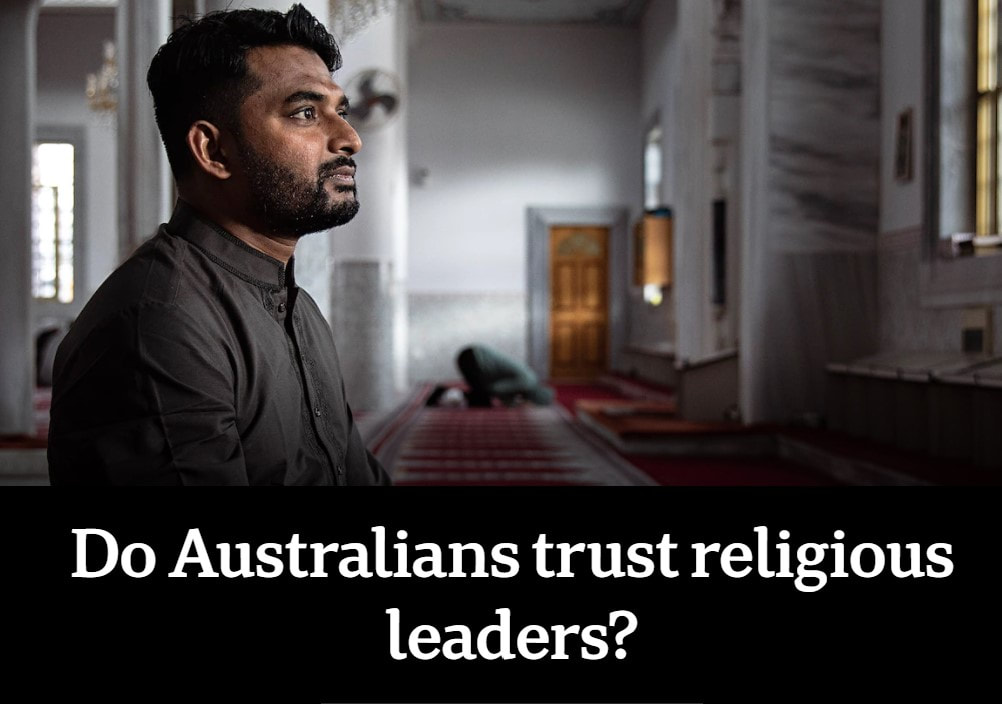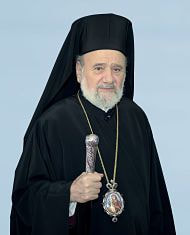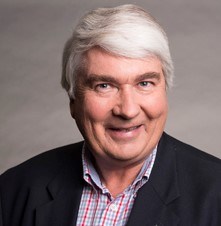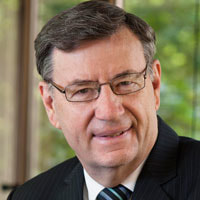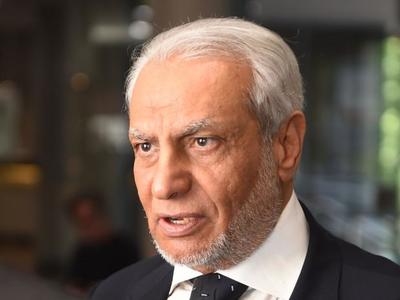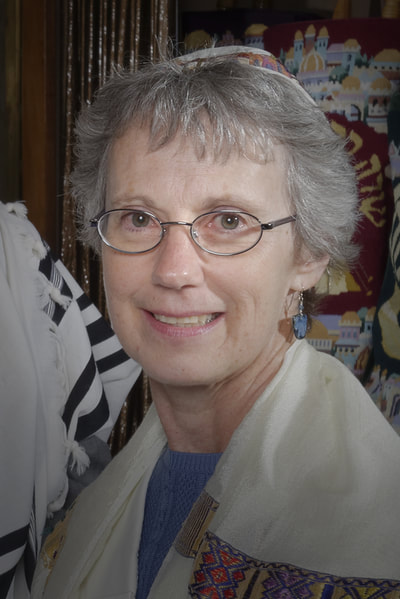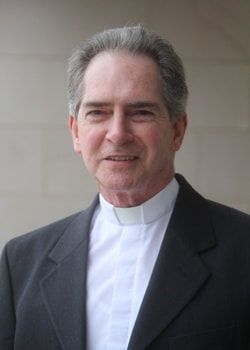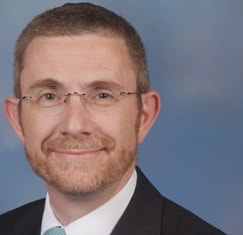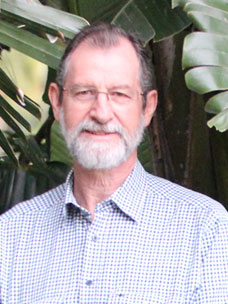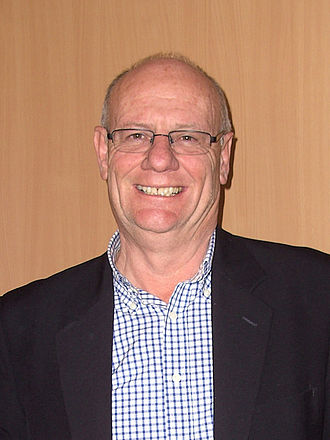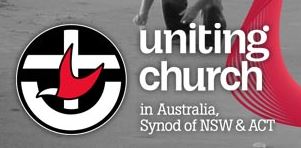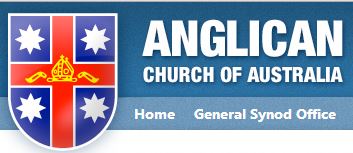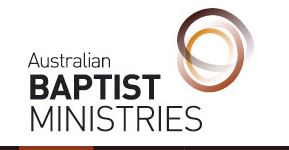AUSTRALIAN RELIGIOUS LEADERS The Role of Religious Leaders
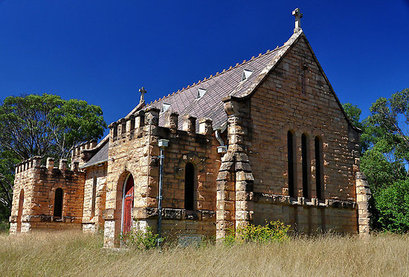
Religious Australia is generally well-led by its leaders who understand the complexities of a complex civil society. There were, however, calls for comprehensive orientation training for clergy from overseas who are now serving in Australia, whose numbers are increasing. There have been limited initiatives in delivering programs that prepare leaders for living and serving in the Australian community and within the Australian context, including looking at meeting the needs of second generation Australians and language requirements. Respondents from Muslim and Hindi communities raised the need for imams and priests who are equipped and trained in the Australian context.
There were also calls for all religious leaders to be trained in the changing nature of religious Australia, to consider other faiths respectfully and to appreciate the role multifaith activities can play in building social cohesion.
Religious leaders have a transnational role to play in assisting their communities to improve, promote, and overcome conflicts from the past and present involving various countries of origin. They can also help to ensure that the transnational flows of charities, money and other forms of capital build social cohesion.
There were also calls for all religious leaders to be trained in the changing nature of religious Australia, to consider other faiths respectfully and to appreciate the role multifaith activities can play in building social cohesion.
Religious leaders have a transnational role to play in assisting their communities to improve, promote, and overcome conflicts from the past and present involving various countries of origin. They can also help to ensure that the transnational flows of charities, money and other forms of capital build social cohesion.
Do Australians Trust Religious Leaders?Find quotations / data that show a lack of support for religious leaders.
Find quotations / data that show support for religious leaders.
Write a paragraph that answers the question: Do Australians trust religious leaders?
|
By ABC Religion and Ethics’ Nick Baker with photographs by Teresa Tan
|
|
RESEARCH
Research one of the following Australian Religious Leaders or another in association with your teacher CHOOSE FROM THE FOLLOWING LIST : an initial link is given. You may need to search harder
|
